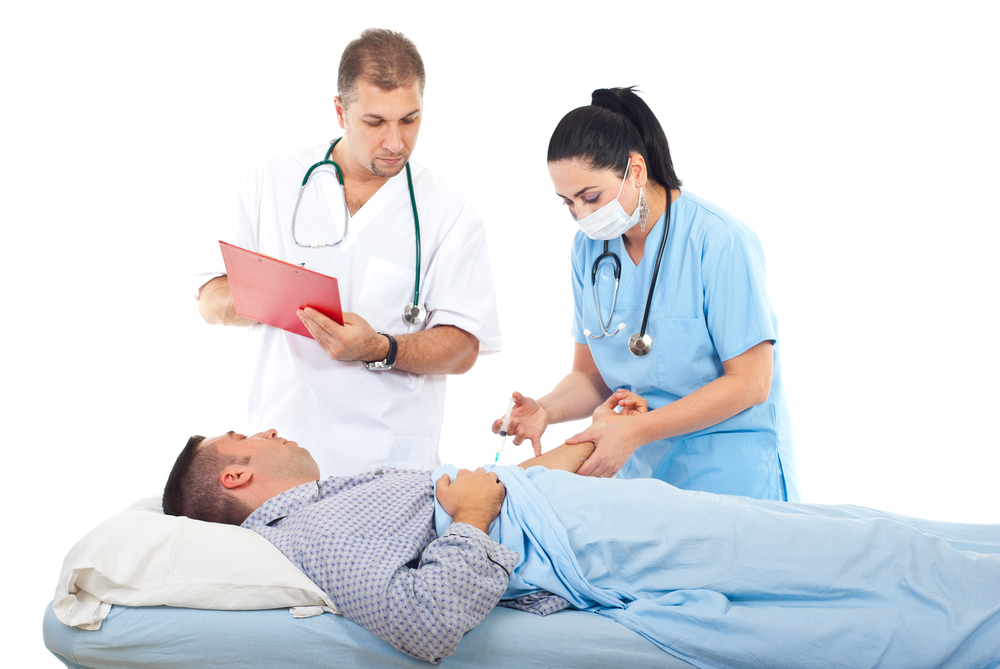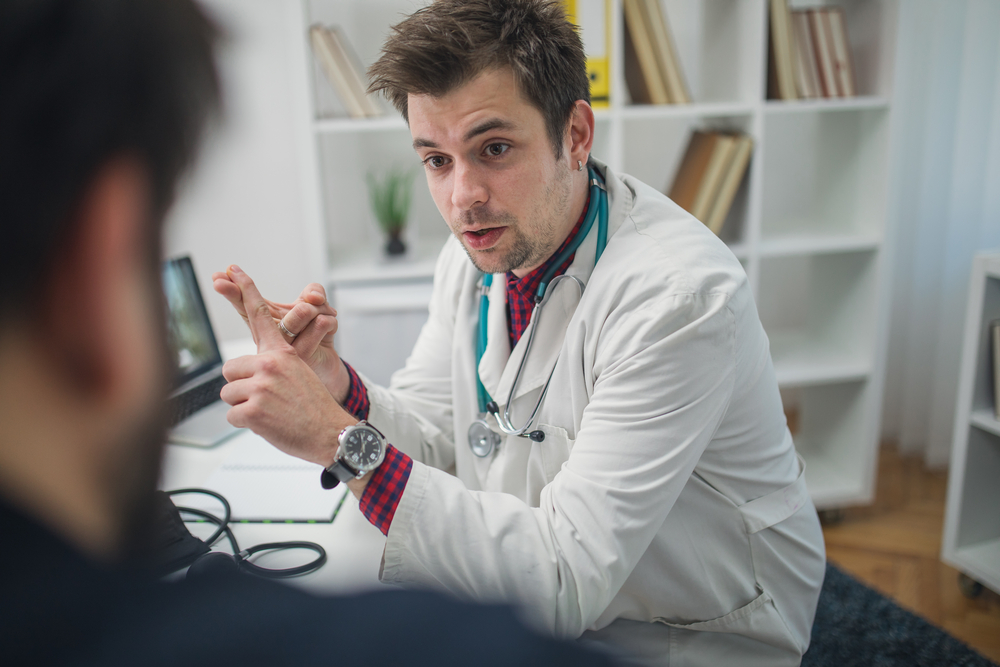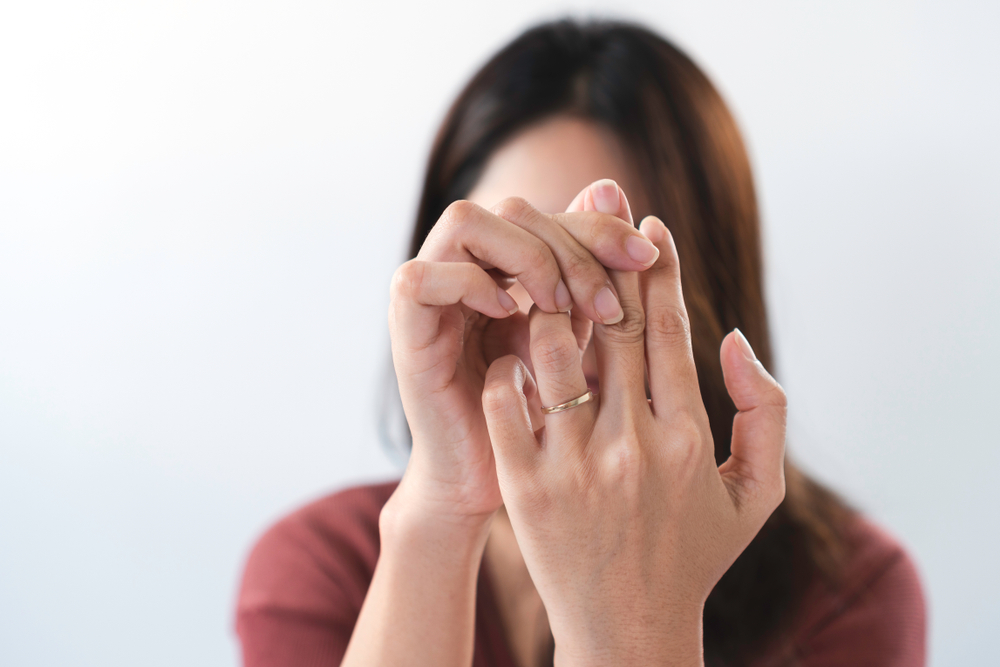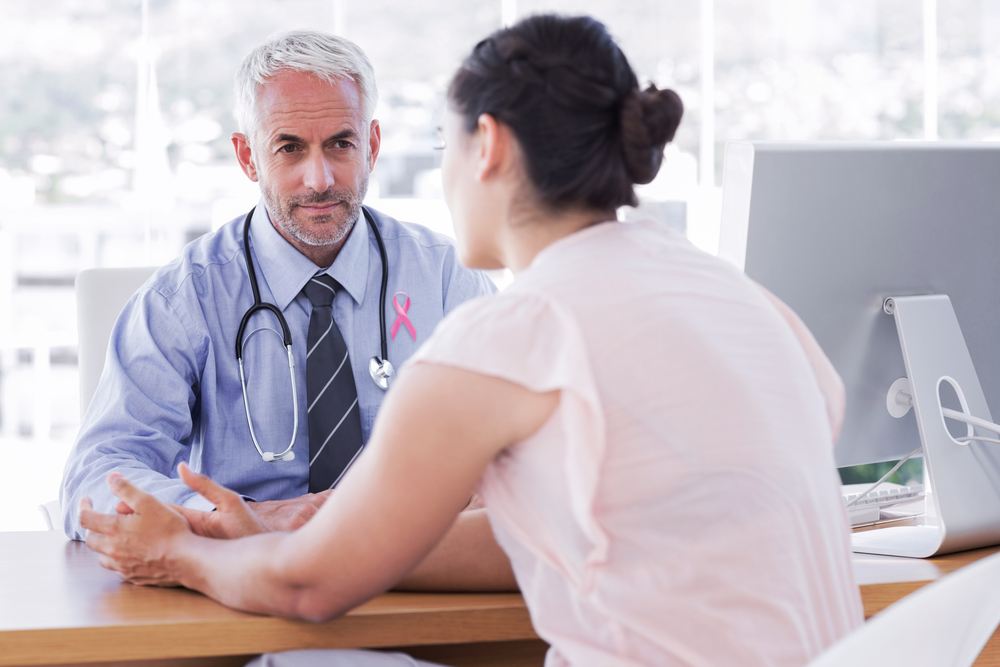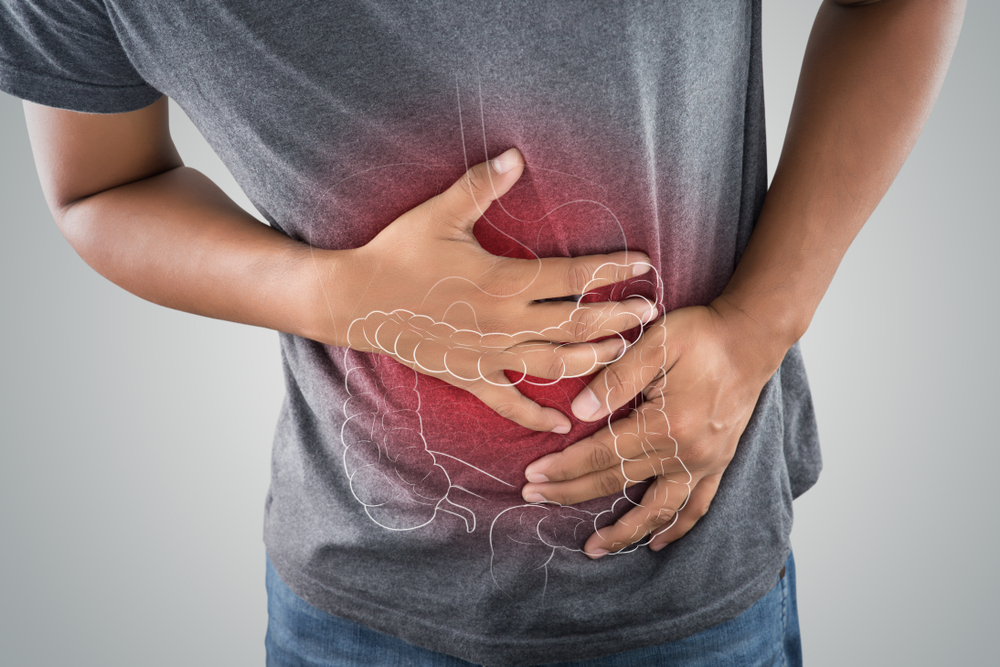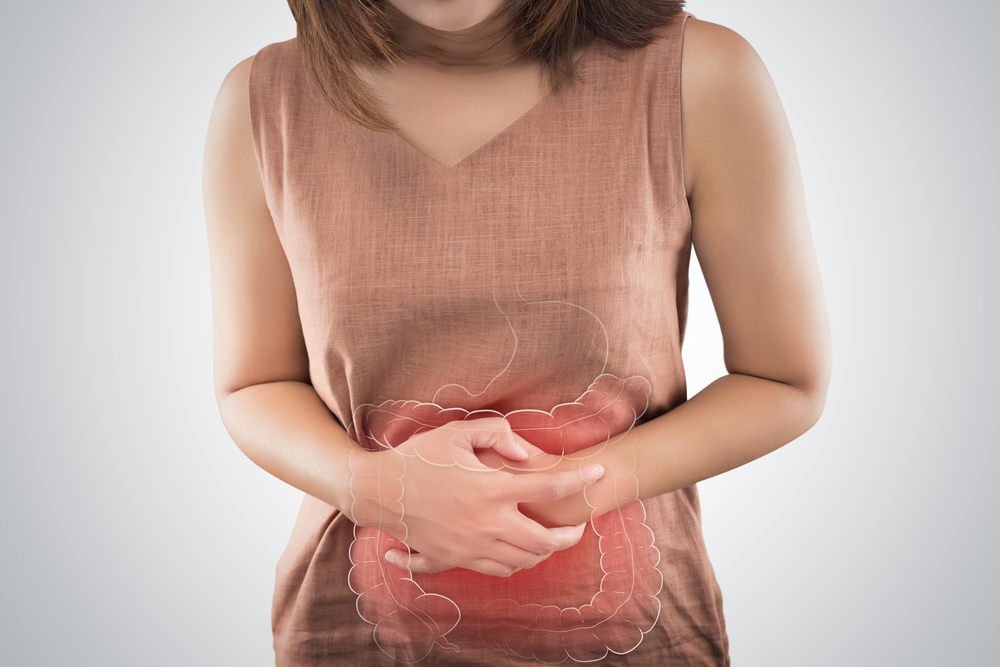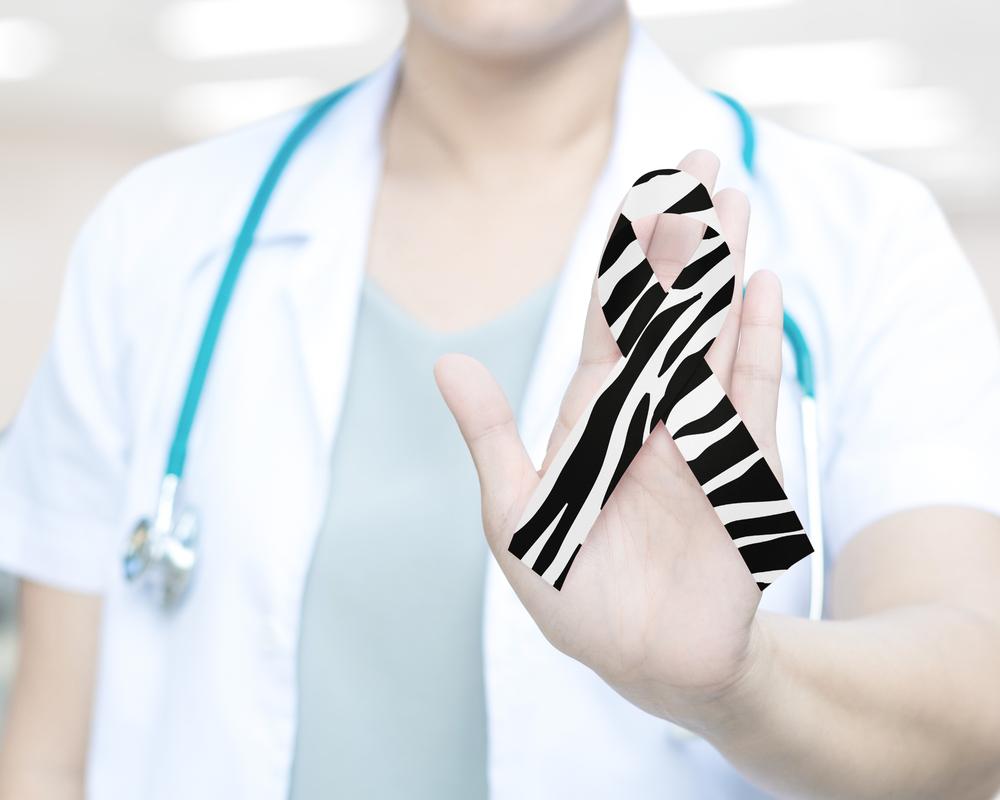An Overview Of Cla Safflower Oil
An overview of CLA safflower oil CLA stands for conjugated linoleic acid. It is high in good fats, i.e., monounsaturated fats and polyunsaturated fats. According to the National Institutes of Health, typically, CLA is found in foods like beef and dairy. However, it can also be found in small quantities in vegetable oils. Safflower oil is a oil produced from the seeds of a safflower plant; thus, it is a vegetable oil. Safflower plant is about 30 to 150 cm in height and each branch of the plant has about one to five flower heads with 15-20 seeds per head from which the oil is extracted. The plant is found in Kazakhstan as well as India, the USA, Mexico, and Argentina. Below is some information about CLA safflower oil. What are the advantages of using CLA safflower oil? The CLA safflower oil is a rich source of unsaturated fatty acids, namely, polyunsaturated fats and monounsaturated fats. These fats, commonly known as good fats, are required by the body to function well. The CLA safflower oil helps in improving memory and aids hormone regulation. This oil allows the body to absorb fat-soluble vitamins like vitamin K, E, D, and A. CLA safflower oil reduces inflammation in the body and also improves general health. It is a good way to regulate blood sugar levels in the body. Regular intake of CLA safflower oil improves blood cholesterol levels, thereby, reducing the chances of any kind of heart diseases. It contains vitamin E, which is great for skin issues like dry skin or even inflamed skin. However, you must perform a patch test before applying the oil all over the skin. How do you use CLA safflower oil in diet? The moderate use of safflower oil in your food will improve your metabolic rate, thereby, reducing your weight. The proportion of safflower oil intake would be dependent on weight-loss calorie requirement. For instance, a woman who needs to have 1200 calories daily would need 4 teaspoons of the CLA safflower oil. Men who are on a diet and need to consume 1600 calories would need 5 teaspoons of it. What are the side effects of CLA safflower oil? Most often people do not face any side effects from this oil if it is consumed or applied in recommended proportions. CLA safflower oil thins the blood so it could slow down clotting and could increase the chances of bleeding for those who have bleeding disorders or are undergoing some sort of surgery. People allergic to ragweed or pollen should not consume this oil as it could lead to an allergic reaction. Pregnant women should avoid it. Which are the best safflower oils of the year? As per CLA safflower oil reviews, the following brands have made the list of favorites among consumers this year: Renewalize Organic Safflower Oil – This is a USDA-certified brand and it is high in oleic acid. Renewalize Organic Safflower Oil is extracted using the cold pressed method that allows it to have a high amount of oleic acid, which is great for hair growth. Hollywood Safflower Oil – This is a great oil for cooking. It is the best when it comes to light heat cooking. The Hollywood Safflower Oil is available in a pack of one, three, or twelve, and it works well for pasta and as a drizzle over appetizers. It is good for cake mixes as well. Eden Unrefined – This brand of CLA safflower oil is organic and kosher, and it only has safflower oil. It works well for acne-prone skin and for cooking too. Dr. Adorable One Gallon – If you want to use CLA safflower oil especially for body massages, then this brand works beautifully as it blends well. You can take a generous quantity and apply it all over the body. It has no noticeable smell. However, this oil should be only used for external purposes. Spectrum Naturals High Heat – This brand produces the perfect CLA safflower oil for cooking. It has a smooth flavor that is ideal for cooking. The Spectrum Naturals High Heat does not have any artificial coloring, genetically modified organisms (GMOs), and other common allergens. It is much lighter than other oils, such as olive oil.
Read More..
